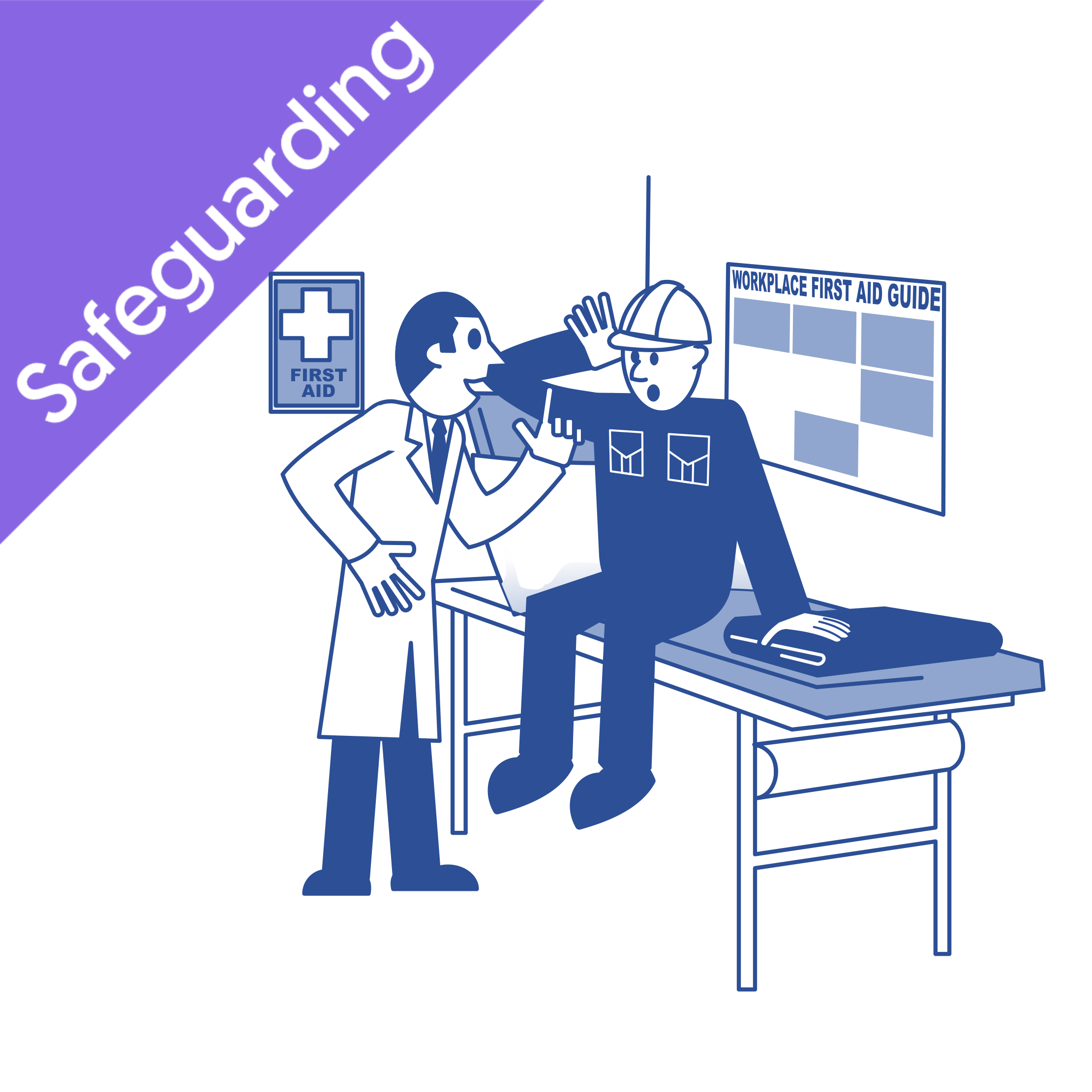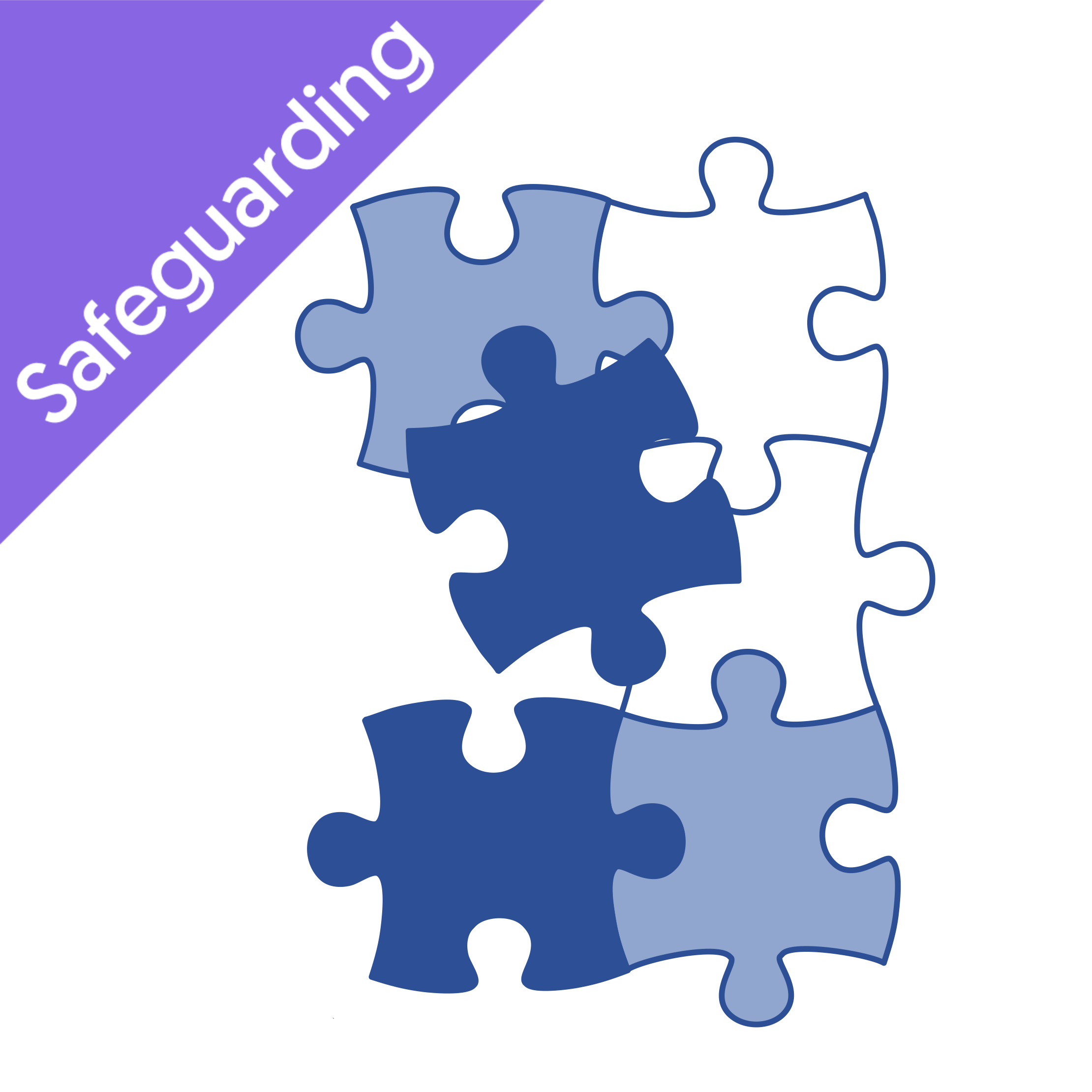All adults have a right to live free from abuse or neglect and, for this reason, organisations that work with vulnerable adults should have policies and procedures in place to ensure that they are complying with legislation and prevent those in their care from experiencing abuse.
In this article, we will look at some of the ways that organisations can prevent vulnerable adults from experiencing abuse. For more information on safeguarding of vulnerable adults, click here to view our dedicated FAQ article on the topic.
Policies and training
One of the main ways that an organisation can prevent adults from being abused is to put suitable safeguarding policies and training opportunities in place. This will help all members of staff in an organisation to be aware of their role in protecting vulnerable adults.
It is essential that this training takes place at all levels of the organisation and is updated regularly to reflect current policies and best practice. Typically, an organisation will be required to provide:
- Basic mandatory induction training that provides an awareness of spotting signs of abuse and the duty to report.
- More detailed awareness training, including training on recognition of abuse and responsibilities with respect to the procedures in their particular agency.
- Specialist training for managers, elected members and those who will be undertaking enquiries.
- Post-qualifying or advanced training for those who work with more complex enquiries or who act as their organisation’s expert in a particular field.
For more information on preventing abuse and safeguarding vulnerable adults, consider taking our Safeguarding Adults training course: Online Safeguarding Adults Course.
Safer recruitment
As well as training, the risk posed by abuse and neglect can be further minimised by following safer recruitment practices.
The Disclosure and Barring Service (DBS) is a public body whose role is to help employers make safer recruitment decisions and stop unsuitable people from working with vulnerable groups.
It is responsible for carrying out criminal record checks on those who are working with vulnerable groups. It also maintains the children’s and adults’ barred lists for England, Wales and Northern Ireland, which contains details on those who are not permitted to work with vulnerable groups.
Disclosure and Barring Service (DBS) Checks
When employing someone to work with vulnerable groups, such as adults at risk of abuse, the Safeguarding of Vulnerable Groups Act 2006 requires a Disclosure and Barring Service (DBS) check. There are three current forms of DBS check:
- Standard checks contain details of all spent and unspent convictions, cautions, reprimands and final warnings from the Police National Computer (PNC).
- Enhanced checks contain the same information as the standard check but also include a check of locally held police records.
- Enhanced with barred list checks include the same information as the enhanced check but also involves a check against the children’s and/or adults’ barring list(s). These checks are only available for individuals in certain industries or roles, such as those in social care and support roles.
Reporting individuals
If a person has acted irresponsibly at work and are no longer suitable to work in a particular sector, they may be referred to the DBS. This referral can be done by:
- Employers
- Local authorities
- Professional bodies
- Supervisory authorities (such as the Care Quality Commission)
If the DBS also believes it is clear that an individual should no longer be permitted to work in a certain sector, they will be placed on a barred list. This means that, if they were to apply for another job in the same or a similar sector, their DBS check would result in them being rejected.
Additional policies
There are several additional policies and working practices that can be put in place to safeguarding adults and minimise the risk of abuse taking place in a given organisation, such as:
- Distributing staff time evenly between care home residents to minimise loneliness and the time they spend alone.
- Make sure that vulnerable adults are visited by multiple staff members so that any signs of abuse can be better identified.
- Regular face-to-face supervision and reflective practice enable staff to work confidently and competently.





